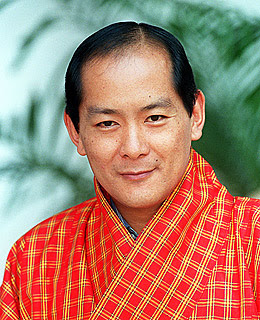First, on Camikaze's point about anecdotes - it's not that anecdotes have to be bad, but they're not often the best evidence to get to the heart of the matter.
Part of the whole issue with this whole business from the first article in the WSJ is that it is reinforcing stereotypes There is a valid time for discussing anecdotes but nowhere did that really prove valid regarding this story. "Positive" anecdotes can be bad enough like "oh yeah I know some Asians who are like that" but when you get to negative things like "I know a bunch of [other minority] who are really lazy" then we're just unfairly reinforcing stereotypes all around. Does nothing to really come to conclusions on parenting or what we as a society should do for raising children - like the points about how only middle-to-upper class parents really have all that time to devote to extra activities and tutoring classes and so on for their children when poor parents can't, and lots of other things as mentioned.
About universities - what really must be understood is the American system is way different. Not necessarily good, but different. We have no national exams/standards that students can really be expected to conform to and be compared on - yes, there's a few general tests in the SAT/ACT and many students often do take AP/IB courses, but still you can't even really say that students' grades and numbers on paper from different places around the country compare.
Why should a uni look at anything other than that B average? Why does what students do with the rest of their time concern them? There are academic educational providers, after all, not life coaching centres.
So again, we firstly have the problem that in the US there simply is almost no real basis to compare students directly, by academic scores. GPA's vary widely with different scales all around the country, and even looking at class rank, which can be annoying/bad in itself, still won't really show whether Bob from Idaho or Alice from Maine is a better student. Universities could rely really heavily just on the single tests almost all college applicants will take, SAT or ACT, but as a cultural thing people would hate that even more.
And then, private universities, which a lot of the top/coveted ones like Ivy League schools are, wouldn't even be held to any sort of such standards regarding which students they take even if there were, like, a nation-wide college entrance exam done by the government (as say another country might, I don't know the specifics on Australia, whatever nation might be more like this). It's never going to happen in the forseeable future that we could do that in America with public schools anyway. (though some states, like California, Florida, etc... have set up pretty comprehensive in-state systems at this point, like you do this well/score this well in high school and you'll get into x state school)




